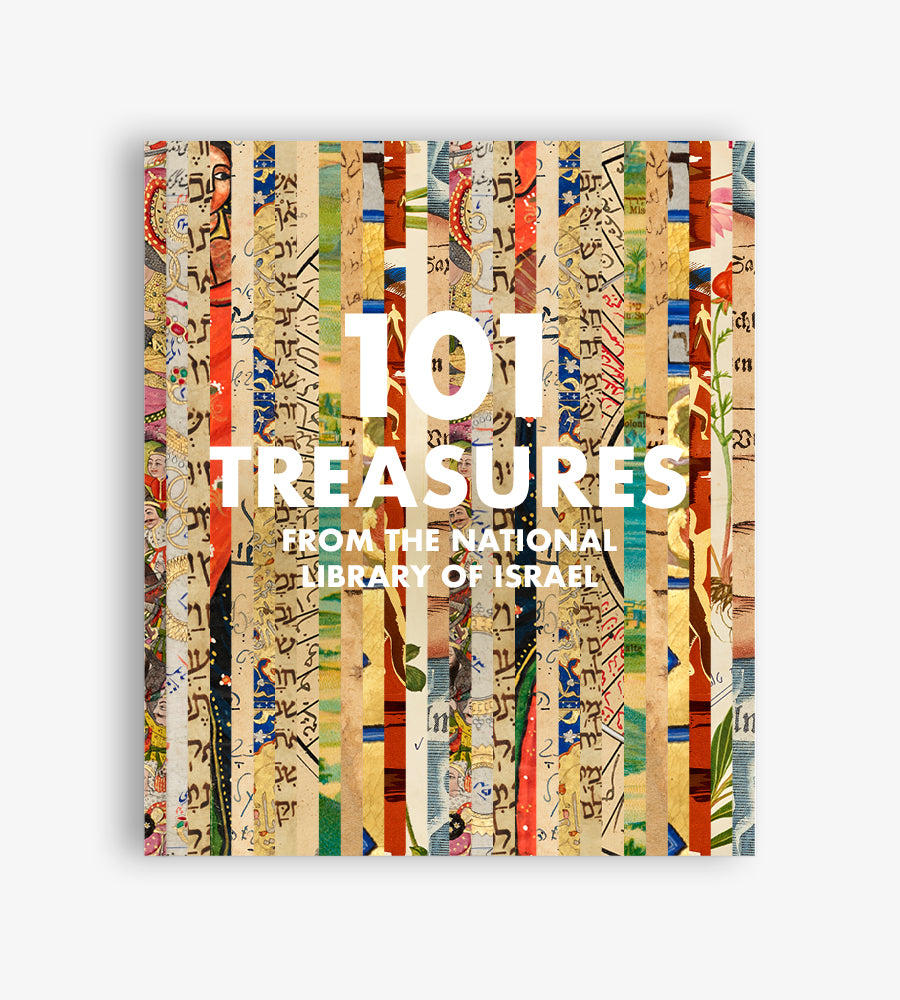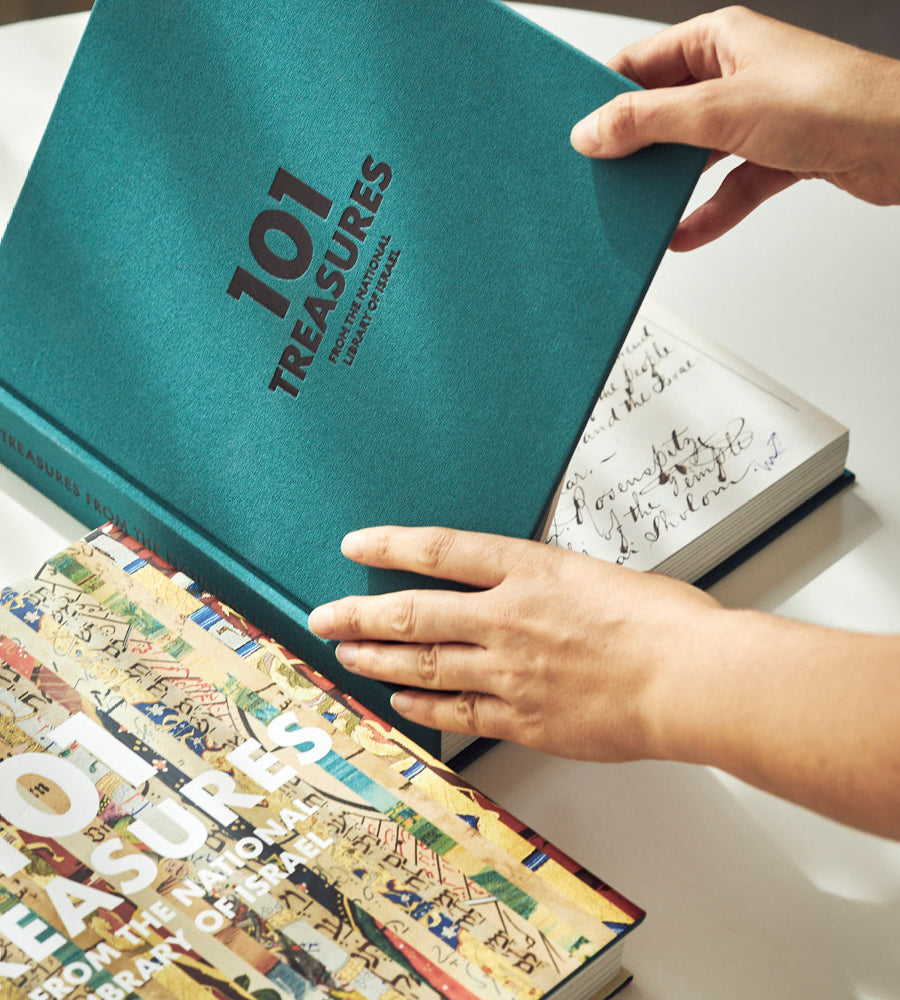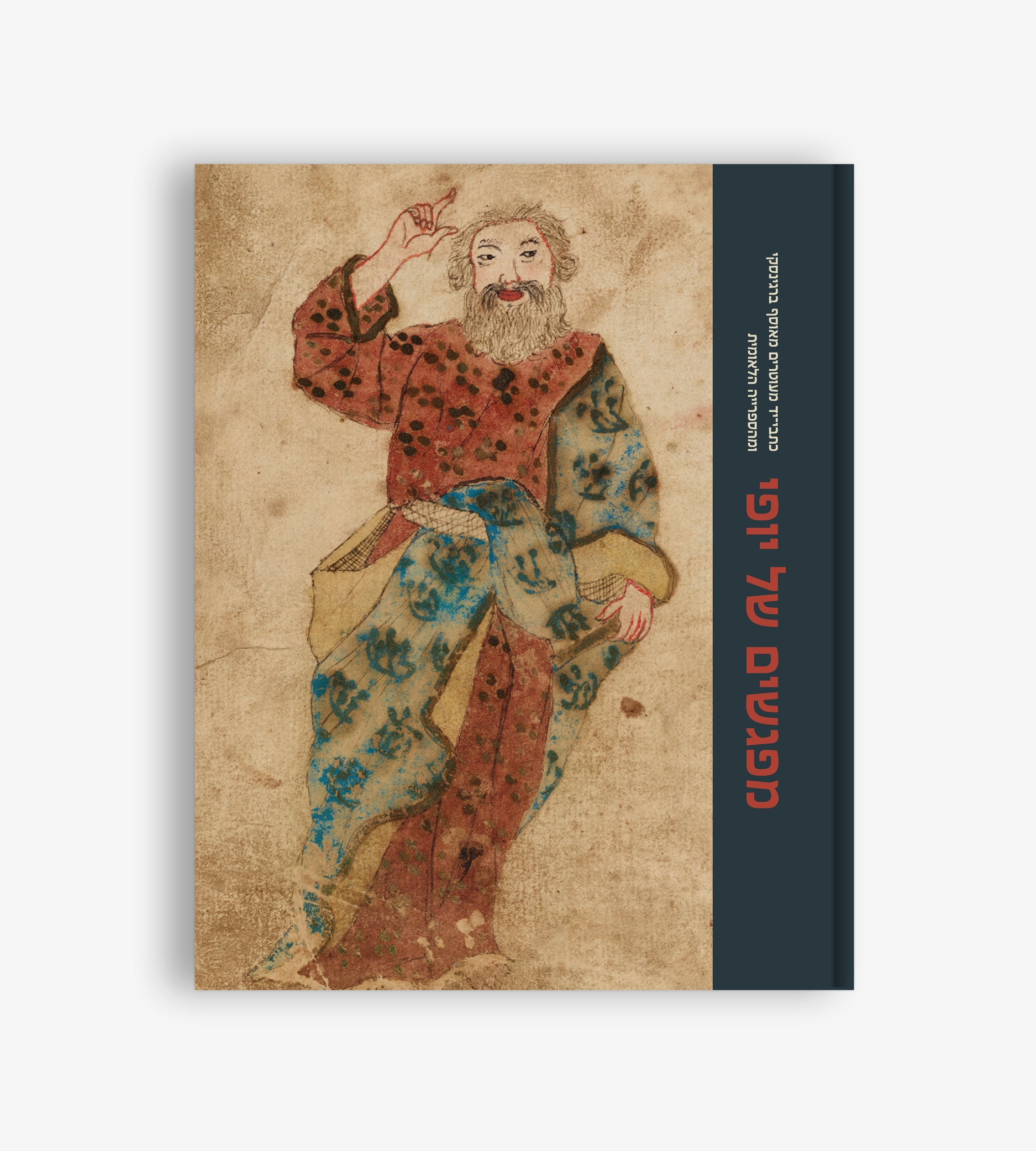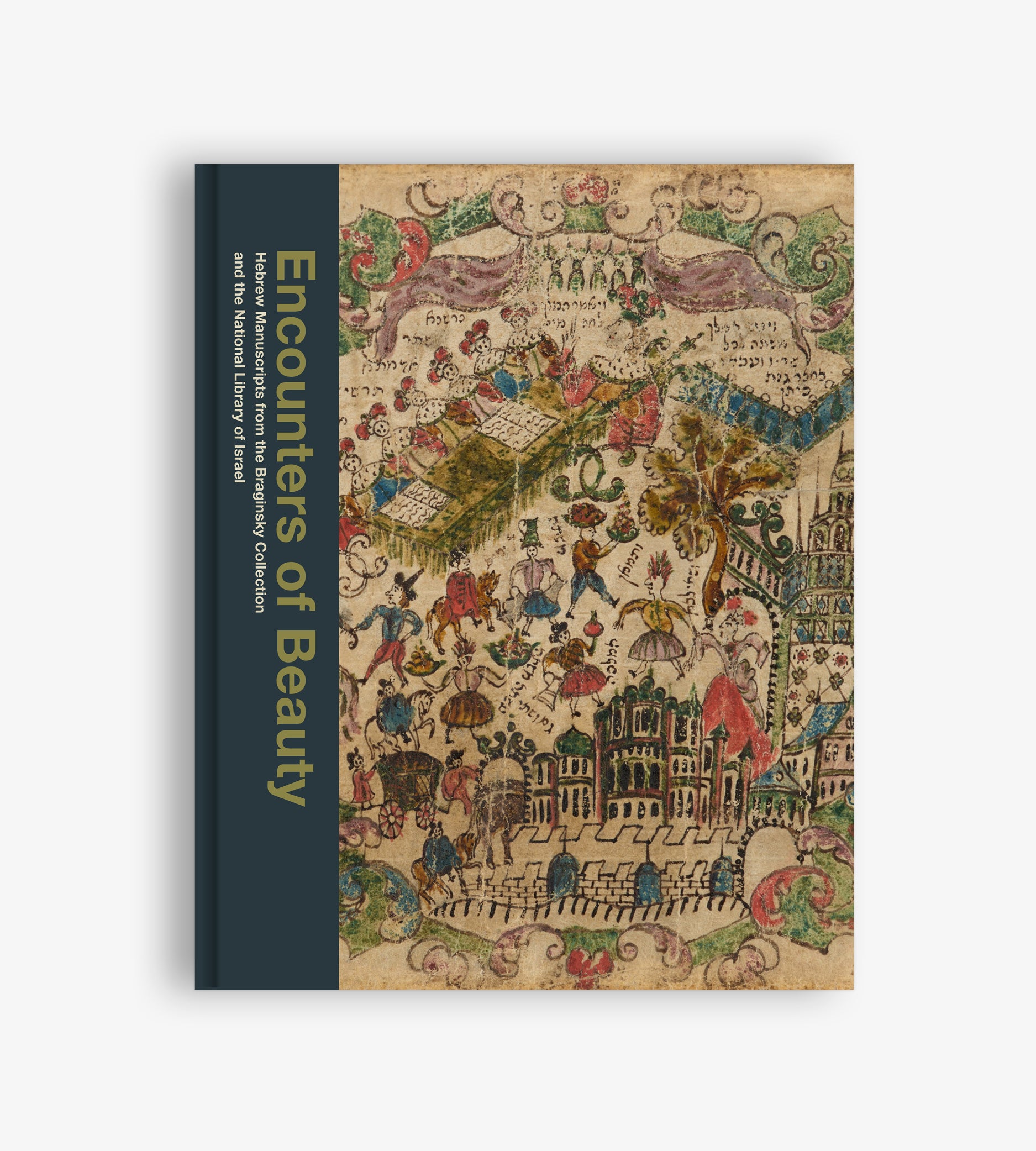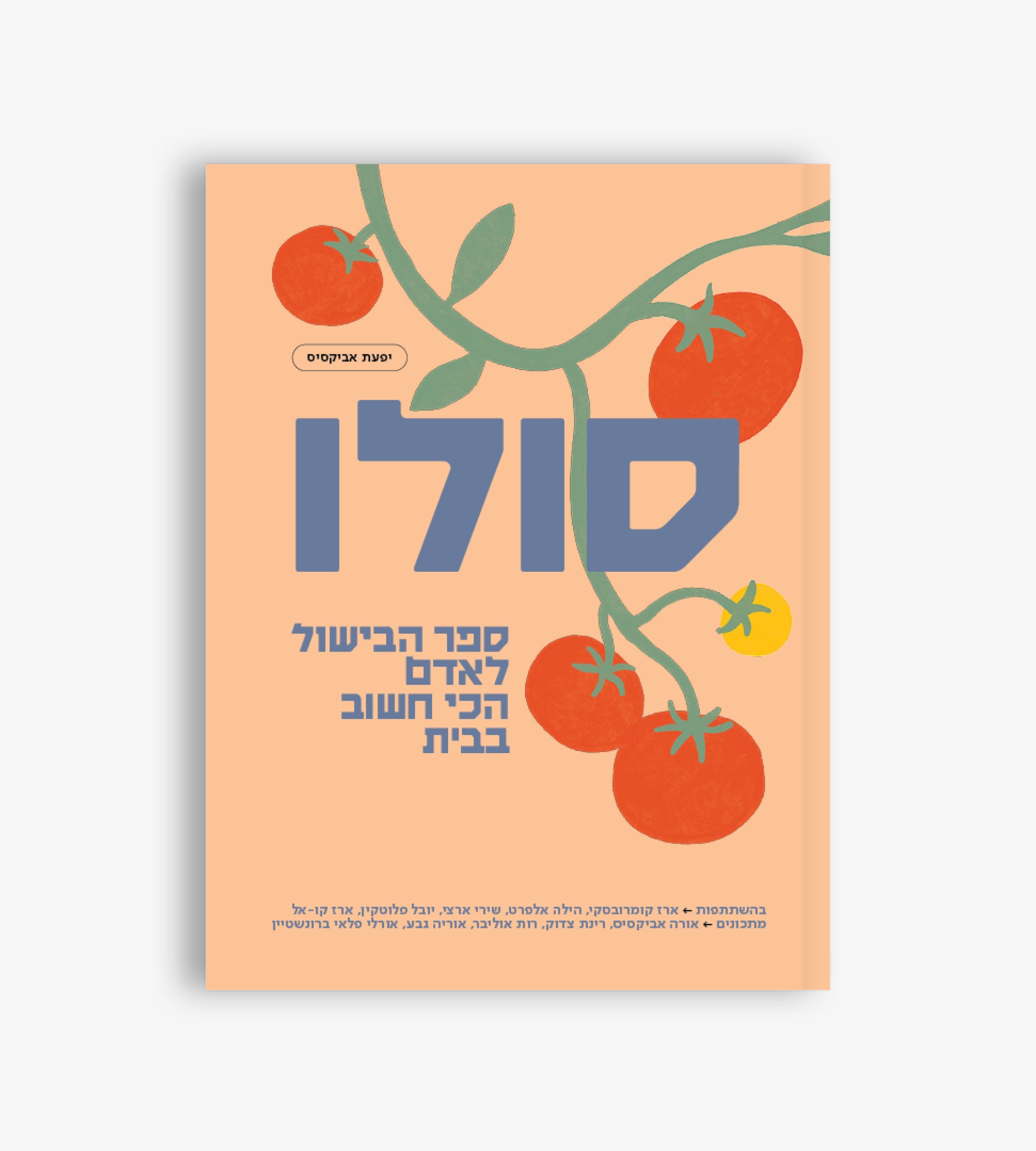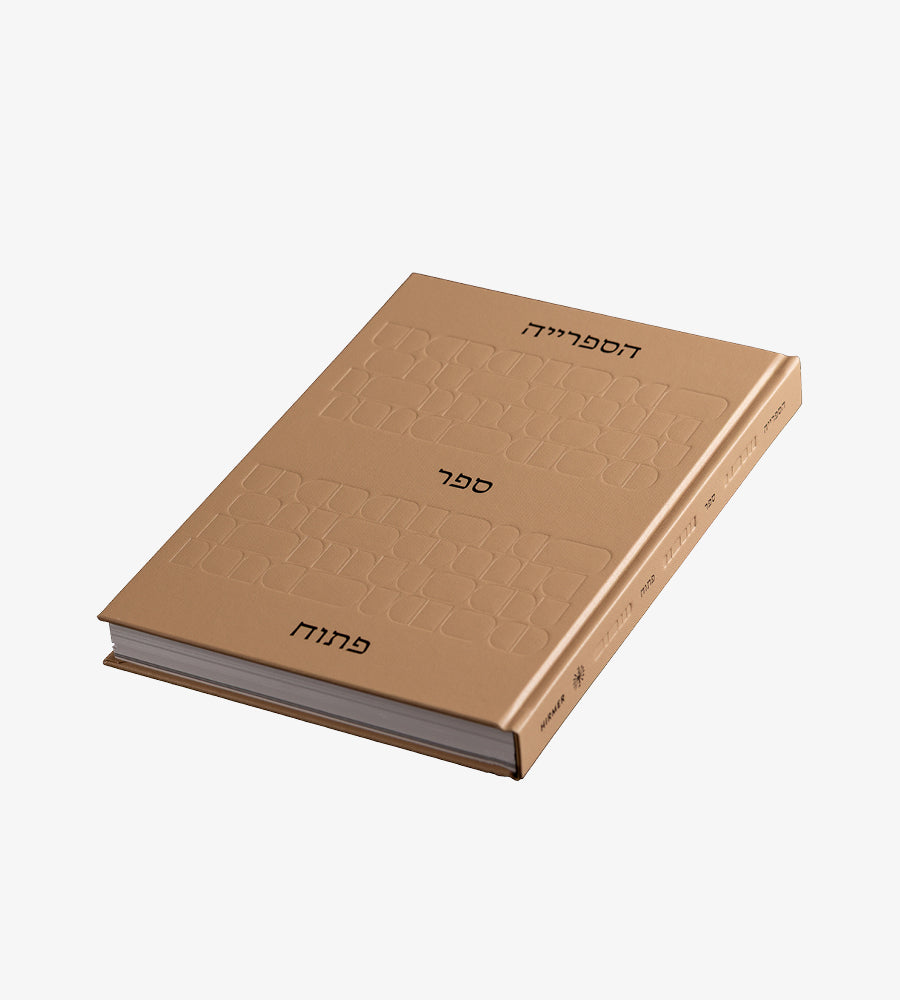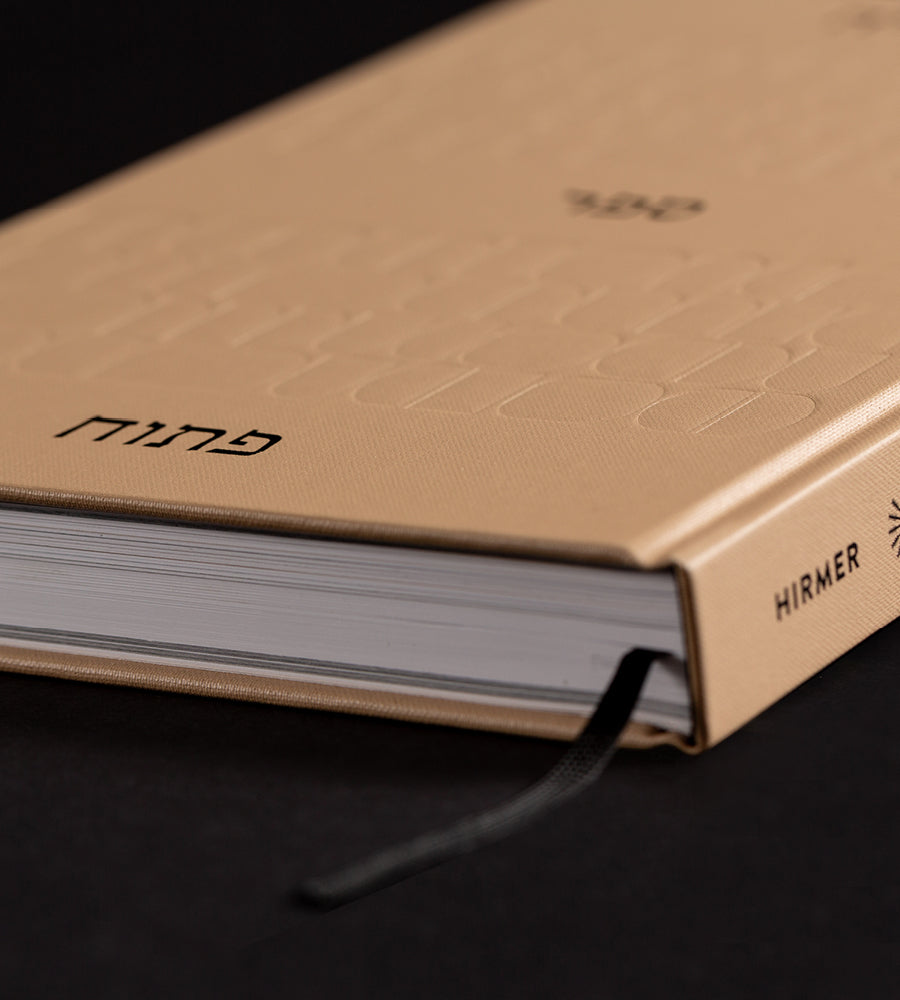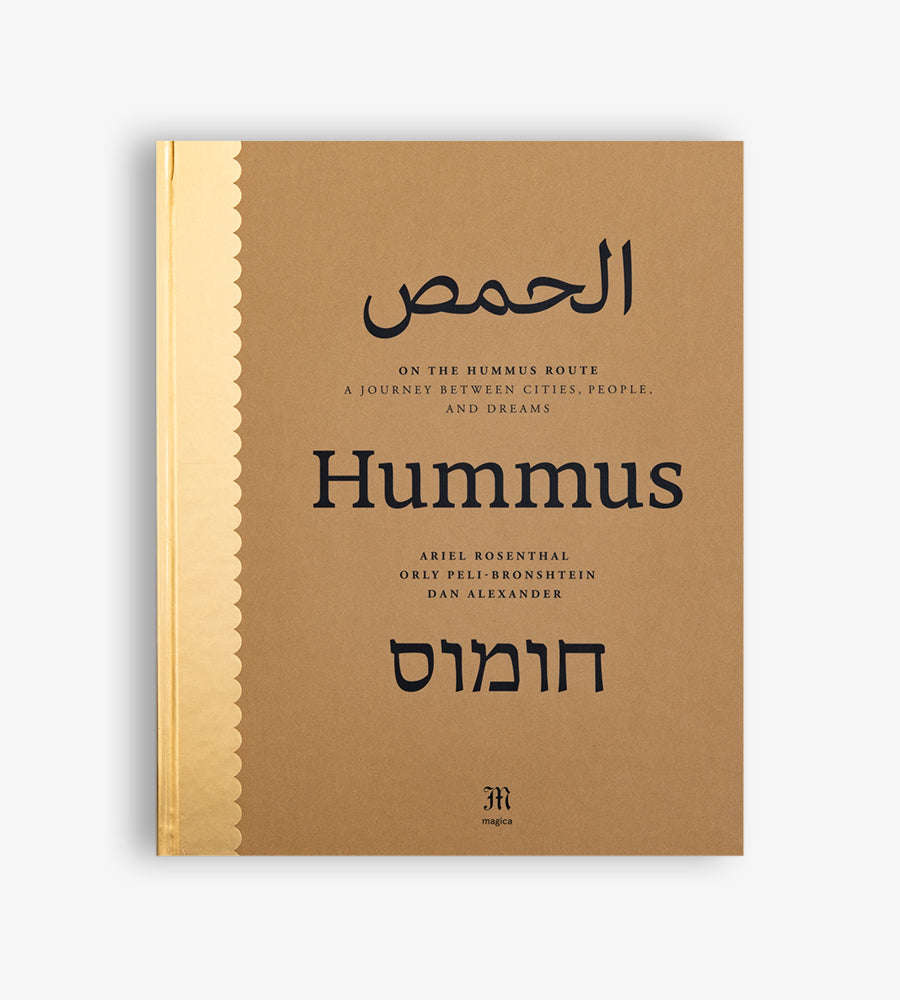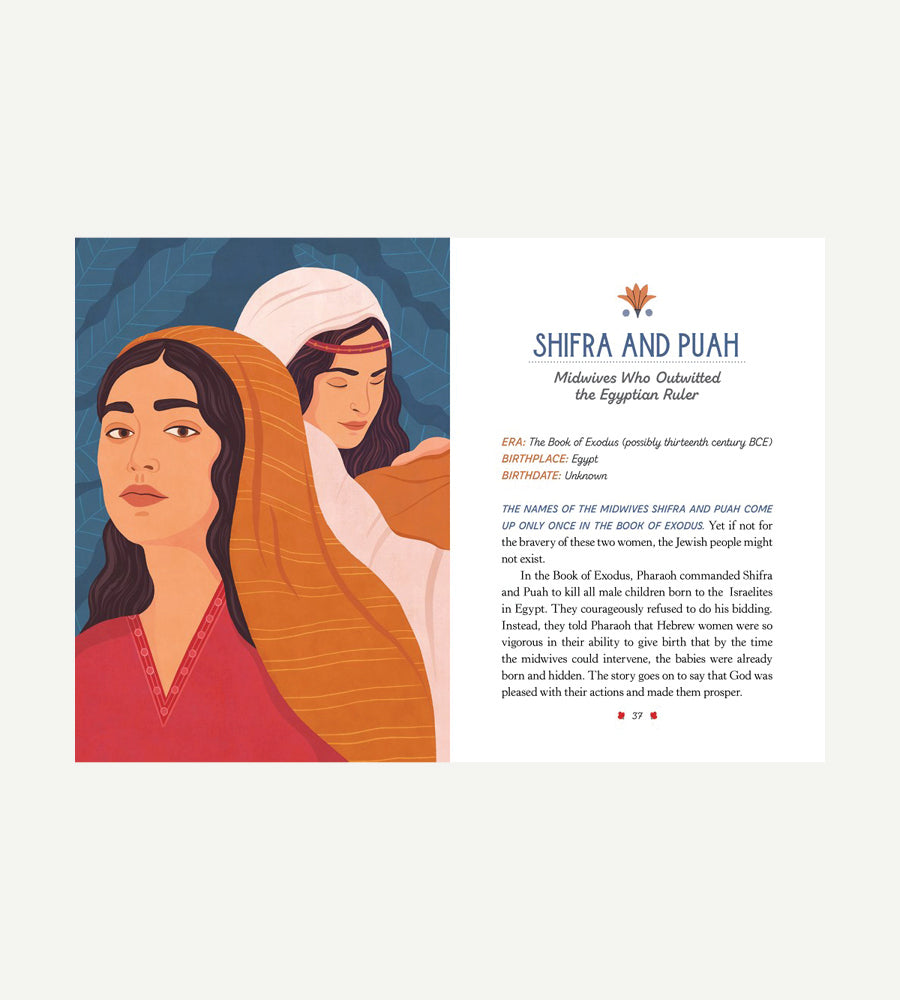Article: The Forgotten Jewish Hero of Arabic Music
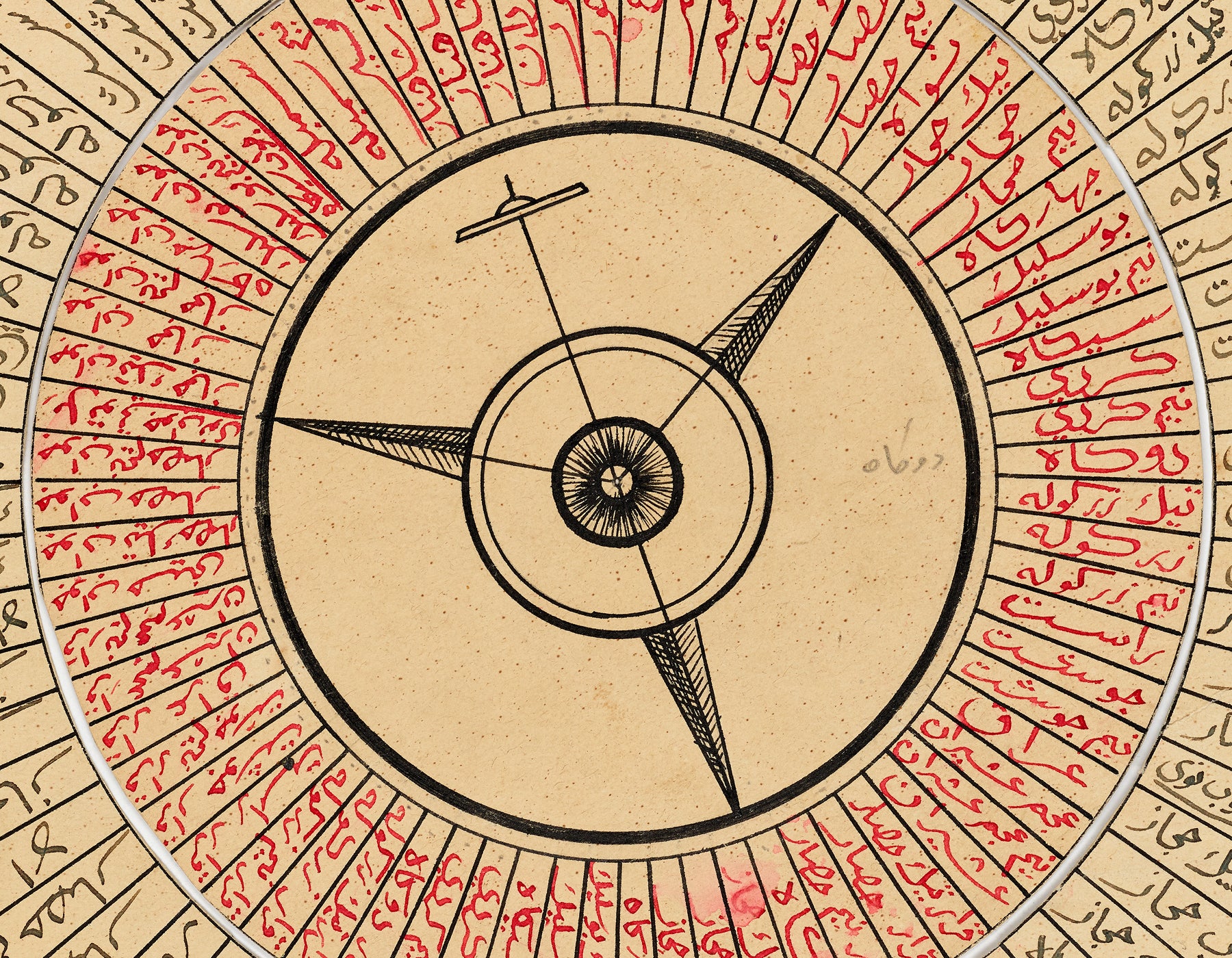
The Forgotten Jewish Hero of Arabic Music
Gila Flam

In the nineteenth and early twentieth centuries, Jewish musicians in Baghdad played a central role in Iraqi music. Sharing a love of music with their Muslim neighbors, they were known and praised for their expertise, versatility, and innovation in composition and performance. One of these professional musicians was Ezra Aharon Sha‘shu‘a (1903–95), also known as Azoori Haroon or Azuri Efendi. An oud player and prolific composer, he was chosen in 1932 to head the Iraqi delegation to the inaugural International Congress of Arab Music in Cairo, where he was awarded the title of “best musician.”
In Cairo, Aharon met the German Jewish ethnomusicologist Robert Lachmann, who had been sent by the Berlin Phonogramm-Archiv to record the event. In 1935, Aharon moved to Jerusalem, where he reencountered Lachmann and joined him in documenting local musical traditions.
Aharon continued to perform and compose, writing hundreds of new religious and secular Hebrew songs in Western staff notation. He participated in the establishment of the Palestine Broadcasting Service (later Kol Israel) and was appointed Head of Oriental Music Programs in 1939. From 1951, he led the newly established Kol Israel Arabic Orchestra. His wide view of music and responsiveness to changing trends allowed him, as a conductor, to incorporate the more popular Egyptian musical style alongside his own Iraqi one. This served Kol Israel’s goal of appealing to all Arab Jewish communities and the entire Arab world.
Aharon’s contribution to Israeli culture was not acknowledged by contemporary Jewish society. Neither his musical talent and expertise nor his pragmatic approach saved him from the fate of many uprooted Jewish musicians from Arab countries, who were overlooked and rejected by the new, Western-oriented State of Israel. The rediscovery by young musicians and scholars in the twenty-first century of the music of their ancestors has offered hope for a renewed recognition of Arabic Jewish music.


